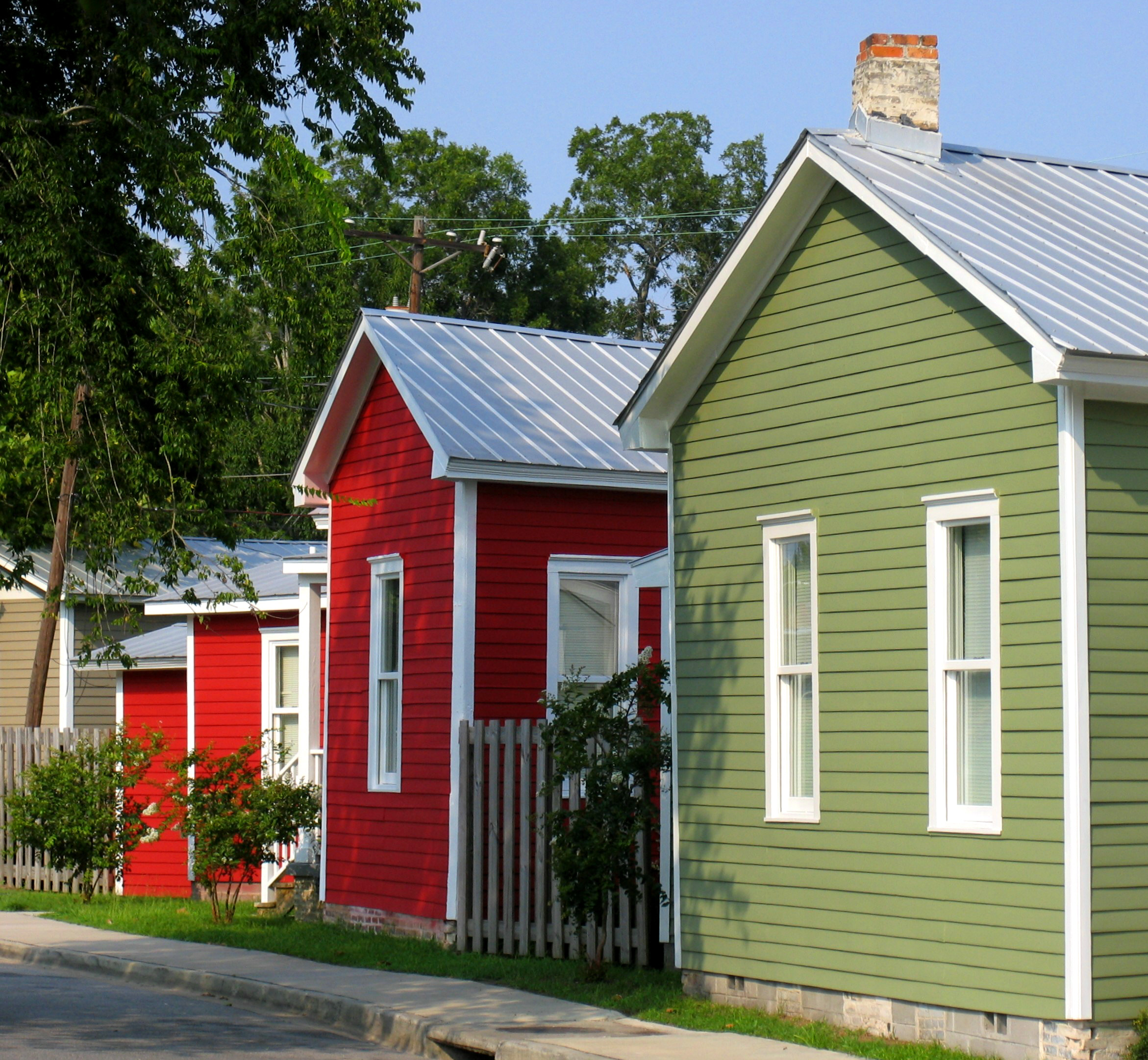Previouly published in the Winnipeg Free Press September 26, 2023
This month the Right to Housing Coalition released a Social Housing Action Plan for Manitoba, based on years of research and lived experience. The comprehensive plan, built on five-pillars, if implemented, would address the dire shortage of housing for low-income renters across Manitoba. The plan includes the expansion of social housing supply; maintenance and repair of existing units; comprehensive social support for those who need it; enhanced rent regulations; and the integration of training and employment opportunities in the construction and maintenance of housing for people facing barriers to employment.
The lack of rental housing affordable to low-income people is one of the most pressing issues across Canada, including in Manitoba. The private rental market is increasingly unaffordable to people experiencing poverty and homelessness, escalating the demand for non-market, social housing, where rents are capped at 30 per cent of a household’s income. Nearly 6,000 households are on the waitlist for a social housing unit in our province. With nowhere else to go, many people end up staying with friends or family, in shelters, or outside.
It is perplexing that the two leading parties are saying very little about what they will do about an issue that ultimately affects us all in some way. Or is it?
The NDP and Conservatives are running neck and neck in this election and the outcome will largely depend on ridings in the south of Winnipeg. When elections are close, politicians tend to be cautious and reluctant to test the waters with bold visions on important policy issues. Playing it safe means that the parties are sticking with what they believe middle-class voters in the suburbs care about most – access to health care, safety, quality public education and improved education outcomes, and ‘affordability’.
But this will not be achieved if governments don’t invest in the basics. There is a large body of evidence to show that poor, unstable housing strains our health, education and justice systems. The political parties like to talk about getting to the ‘root causes’ of health and social ills that Manitobans care about, yet they are failing to lead by making this important connection: we can’t improve health and education outcomes, affordability, and make Manitoba safer if people don’t have stable, affordable housing.
Politicians know full well that the private sector cannot and will not address this issue. Governments have been relying on the private sector since the 1990s, when they began to divest in social housing. They’ve offered up various financial incentives and scaled back rent regulations. It hasn’t worked. Even private sector enterprises like Scotiabank, which calls for a doubling of the social housing supply, and REALPAC, a national organization representing large real estate firms, say that low-rent housing is a government responsibility.
When asked why they won’t commit to a robust social housing strategy, politicians typically say “it’s too expensive.” Yet, both parties have rolled out costly tax cuts and tax credits, which they hope will win over highly coveted south Winnipeg voters.
The cost of the Conservatives’ promised tax cuts continues to grow and is estimated to add up to almost a $1 billion by 2027. To put that in perspective, the Right to Housing Coalition has estimated it would cost $1.5 billion to repair the much-neglected social housing supply. Expensive, yes, but also possible if politicians would stop impeding the government’s ability to invest in housing and other important initiatives by promising crippling tax cuts.
Voters know that housing is an essential foundation to improving the quality of life of all Manitobans. Politicians don’t need to be cautious about selling the idea of public investment in housing. They can look to other jurisdictions across Europe, in the U.S. and in Canada that are taking bold action. B.C. has stepped up with a $500 million non-profit acquisition fund to expand the supply of social housing. The City of Vienna has maintained a robust supply of public housing for decades. The City of Barcelona has committed to double the social housing supply within 10 years. Jurisdictions in the U.S. are also beginning to reconsider “obvious but long-taboo solutions like public housing.” For example, Washington D.C., Hawaii, Maryland, Massachusetts, California, and New York City have either implemented or are seriously considering investment in mixed-income public housing.
Manitoba, in collaboration with other levels of government, can fix this. But it will require political leadership that recognizes it cannot address the priorities that matter most to Manitobans without investing in affordable, stable housing. This is only possible if we move away from ill-conceived tax cuts.
The Right to Housing Coalition’s Social Housing Action Plan provides a framework. It’s now up to the politicians to be courageous enough to do what needs to be done.
The Right to Housing Social Housing Action Plan for Manitoba is available at https://policyalternatives.ca/publications/reports/social-housing-action-plan-manitoba.


